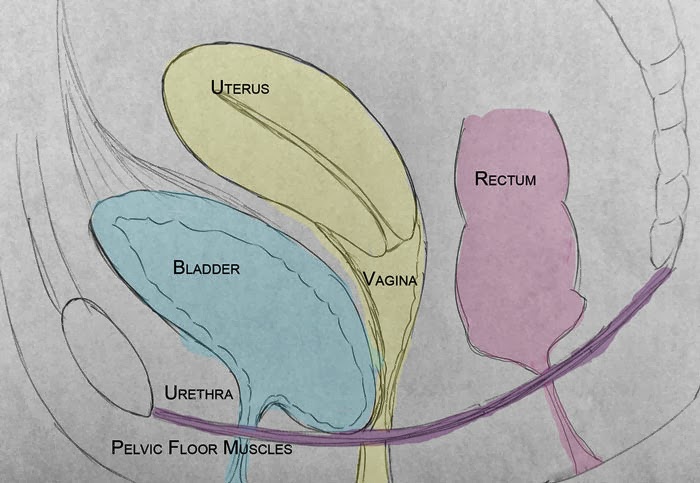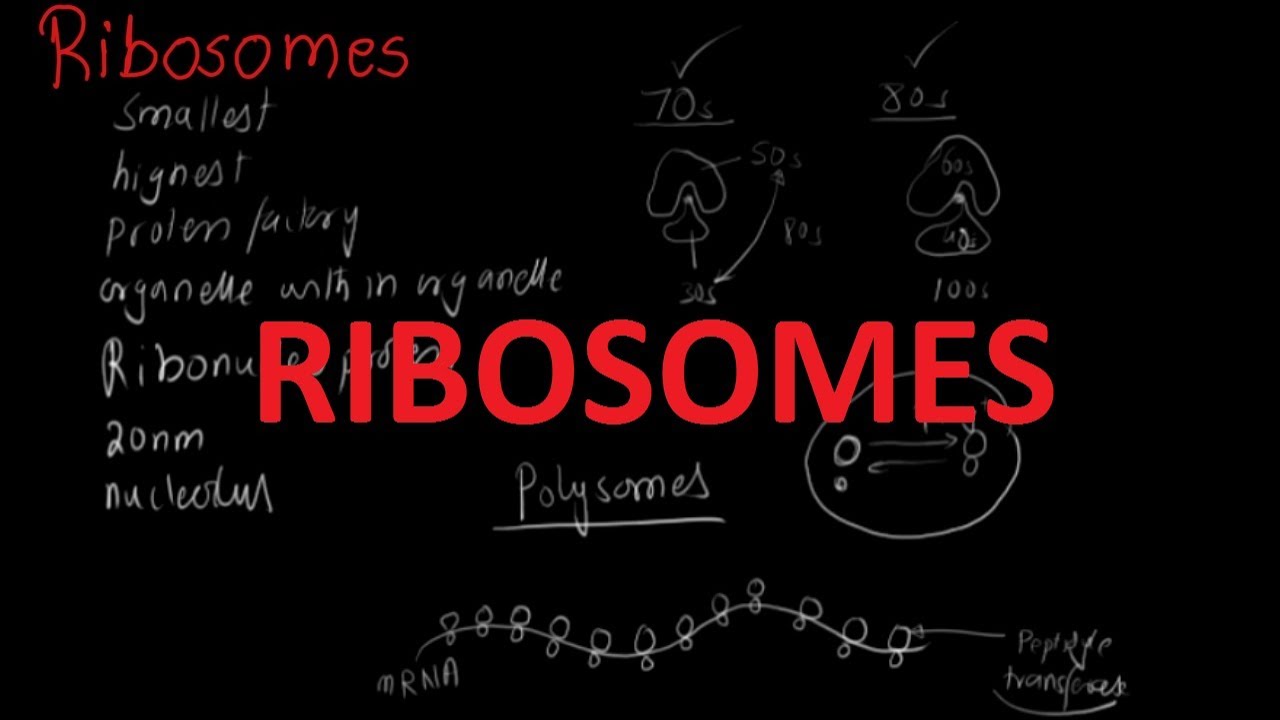When does one end life support in order to salvage organs for donation? Is it right to continue psychological experiments if either short- or long-term emotional damage is likely? To what extent can human volunteers be used for scientific experimentation? These are questions that are addressed under the scope of bioethics.
People from many backgrounds contribute to bioethical discussions. Medical doctors, researchers, lawyers, theologians, and philosophers are among many who recognize ethical issues and work together to determine courses of action to resolve ethical dilemmas.
Bioethical Issues
Bioethical issues most often involve situations and practices that are not clearly addressed with a common result between legal and personal belief systems or between scientific logic and humanity. Abortion, stem cell research, and life support are common, modern-day, bioethical issues with no true resolution among the general population. Other bioethical issues are more clearly understood and widely-accepted, such as patient confidentiality and medical informed consent for patient procedures.
Medical Bioethics
In the Practical Bioethics article, “What is Bioethics,” the Center for Practical Bioethics describes bioethics as “the application of ethics to the field of medicine.” They further explain that medical ethics combines the ethical topics of doing the right thing and obligation with cultural traditions.
An example of medical bioethics is that Jehovah’s Witnesses do not believe in blood transfusions. When a procedure is strongly advised or even necessary, it is the obligation of the physician to inform the patient of the benefits and risks. The bioethical question regarding Jehovah’s Witnesses is whether to include the benefits and risks of blood transfusions when discussing medical options.
Some would argue that this is really the only way to truly acquire informed consent. Discussion and full disclosure is necessary although it is not medically ethical to coerce or otherwise force a patient to accept treatment that he or she rejects based on religious or other principles.
Bioethics Research
According to the article, “What is Bioethics,” from the University of Western Ontario Bioethics Research Group web site, “Bioethics involves the recognition and analysis of moral problems raised by a medical controversy in clinical or research practice. [It then] provides tools for analysis that will clarify possible courses of action. The goal of bioethics is…to encourage (the people involved in decision making) to think clearly and carefully about their options.”
Both not-for-profit and for-profit businesses turn to bioethics research to resolve moral and social issues that can affect customers and employees. Bioethicists may assist with developing company policies, such as those pertaining to patient care.









